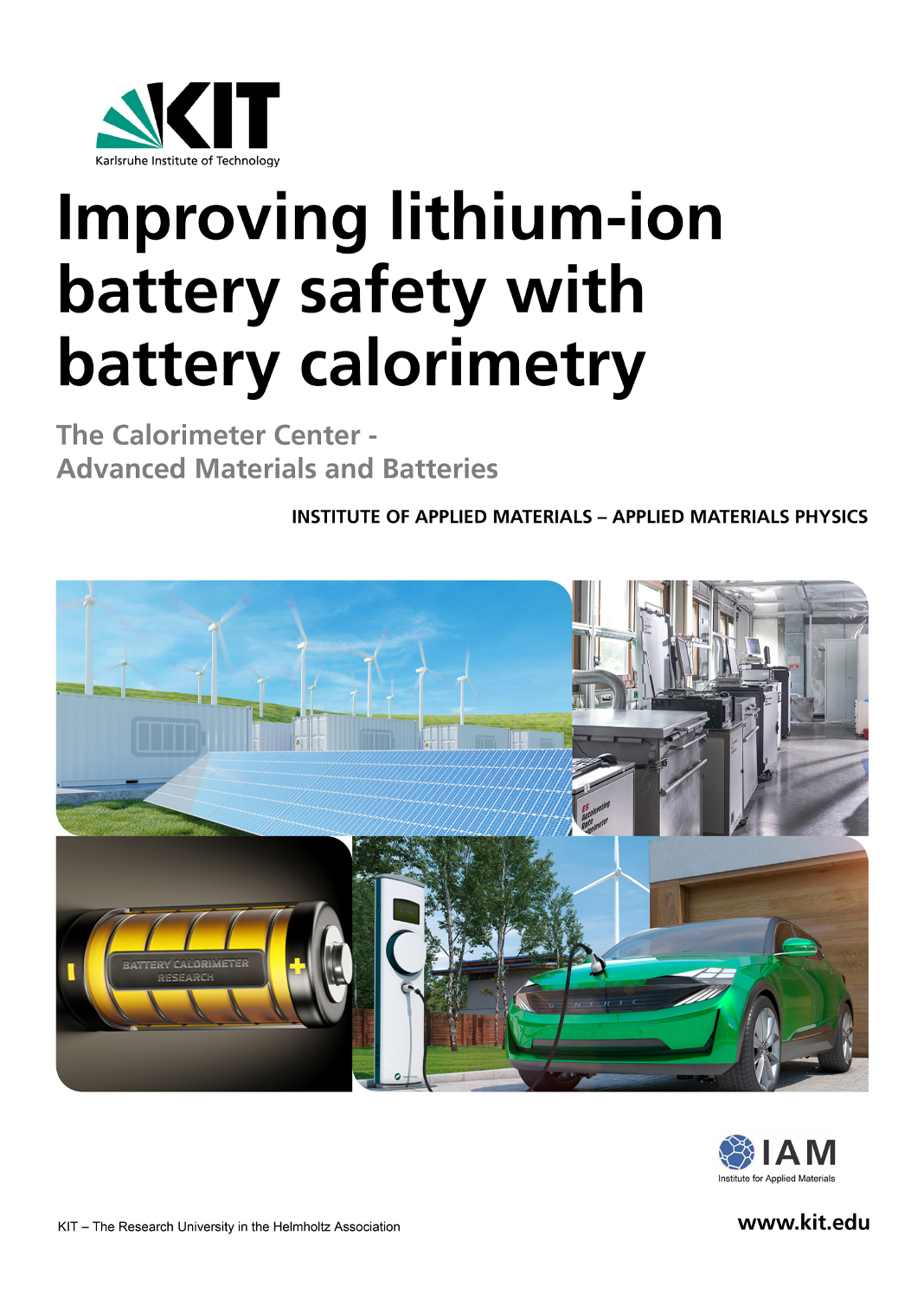Dr Carlos Ziebert, head of IAM-AWP’s Calorimeter Center, KIT, discusses lithium-ion battery safety and how it can be enhanced by battery calorimetry.
In Karlsruhe Institute of Technology’s latest eBook, Dr Carlos Ziebert explores the advantages of lithium-ion batteries, concerns regarding their safety and how these safety concerns can be mitigated with battery calorimetry.
As well as this, the eBook investigates a range of topics including:
- The causes of thermal runaway in batteries
- Current safety standards and technologies
- Action that can be taken to enhance lithium-ion battery safety
- The safety of electric vehicle batteries
- Battery fires
About the Institute of Applied Materials – Applied Materials Physics’ Battery Calorimeter Center
The Battery Calorimeter Center at the Karlsruhe Institute of Technology’s (KIT) Institute for Applied Materials – Applied Materials Physics was founded in 2011 and now manages Europe’s largest battery calorimeter laboratory.
It offers six Accelerating Rate Calorimeters (ARCs) of different sizes – from coin to large pouch or prismatic automotive format – in combination with cyclers, which enables the evaluation of thermodynamic, thermal and safety data for lithium-ion cells on material, cell, and pack level under adiabatic and isoperibolic environments for both normal and abuse conditions (thermal, electrical, mechanical).
With its world class facilities and recognised technical and methodological expertise, the IAM-AWP is one of the few institutions that investigates both the thermodynamics and the safety of batteries and their materials. The outcome of these inquiries can be used on all levels of the value chain – from the safe design on materials level up to the thermal management and the adaptation of safety systems.


